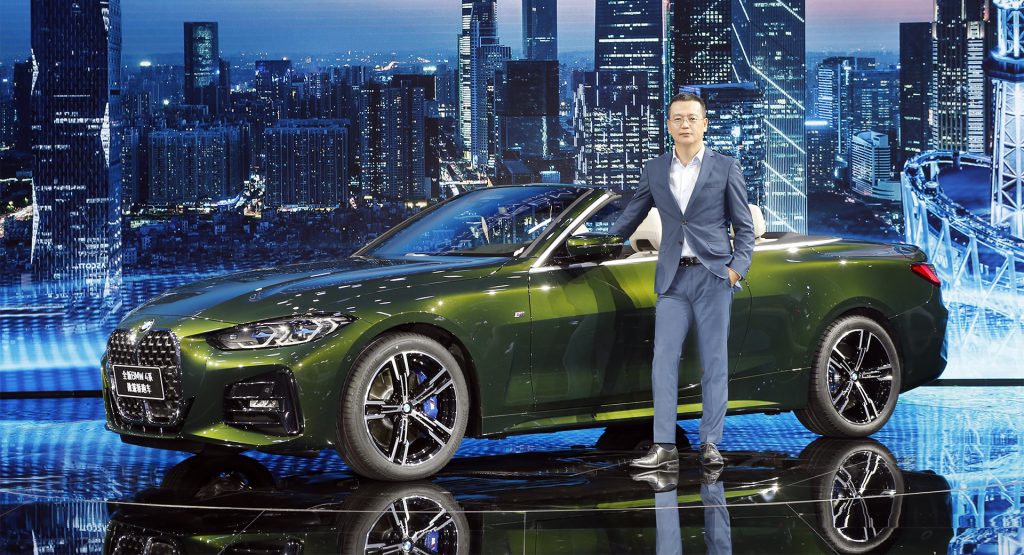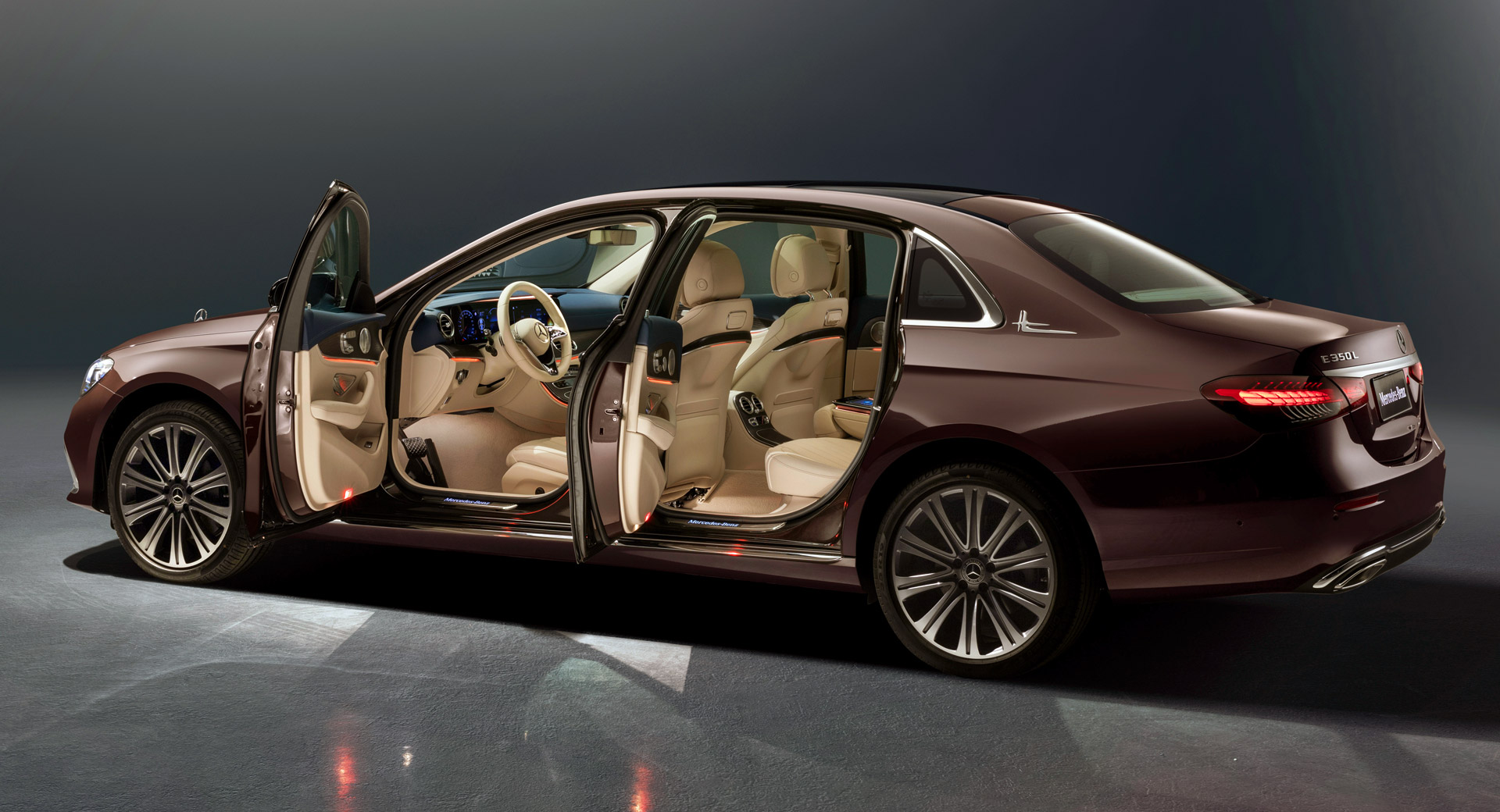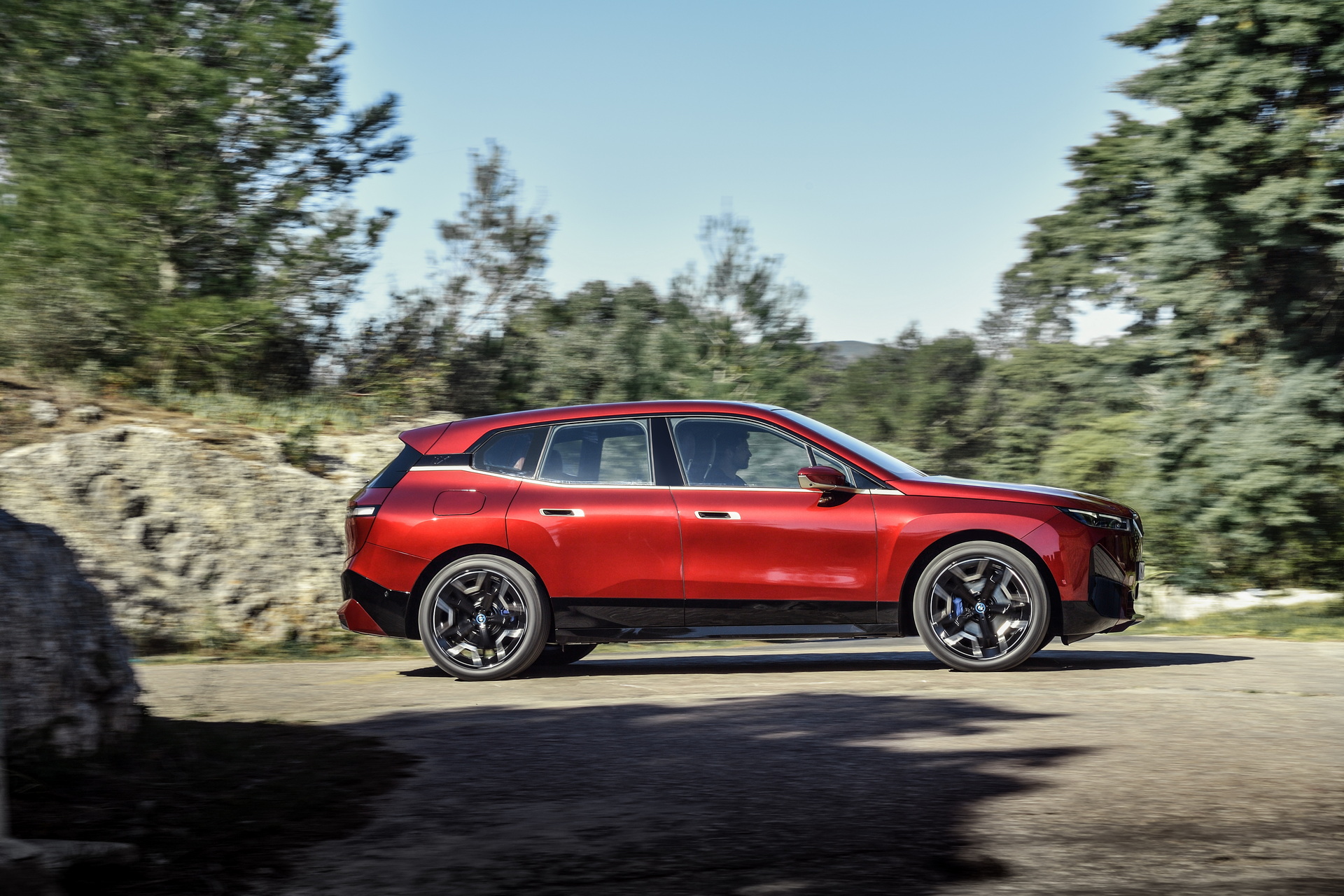Germany’s luxury brands (Mercedes, BMW, and Audi) have long been considered untouchable in China. Holding a massive 60% of the even more massive Chinese auto market, their success has been beyond challenge. But that might be changing.
For the first time in a long time, all three brands saw sales decrease in China in 2020. That is at least partially down to the ongoing Covid-19 pandemic, but it hasn’t hit everyone equally.
Although businesses are still healthy, the German trio lost market share to EV brands. “Bottom line: whenever Tesla opens a store in a new city, the Germans lose share,” analyst Alexander Potter wrote recently, per Bloomberg.
And it isn’t just Tesla. Other electric brands like Nio and Li Auto have also become forces to be reckoned with for the Germans.
Read Also: EVs Outsell Gas-Powered Cars For First Time Ever In Norway Rising To A Record 54% Market Share
And 2020 wasn’t just a big year for EVs in China. Norway’s market was dominated by EVs. Cars with no engines claimed 54% of the market while plug-in and plugless hybrids took a further 29%.
Although the Audi’s electric e-tron took the top sales spot in Norway, the brand didn’t fare quite as well against its German competition in terms of overall EV sales. BMW led the way selling 193,000 EVs and hybrids, while Mercedes managed to sell 160,000. Audi, meanwhile, sold 47,000.
All three, though, are on the electric up and up, with more and more EVs being announced every day. BMW is planning an electric SUV called the iX, while Mercedes is planning the EQA. Audi will go for the sports car market with the RS e-tron GT.
Whether or not these will help them reclaim the Chinese market remains to be seen, but they will all be highly interested in maintaining their positions atop the sales charts. As the world’s largest single auto market, it’s an important factor in each automaker’s global business.






